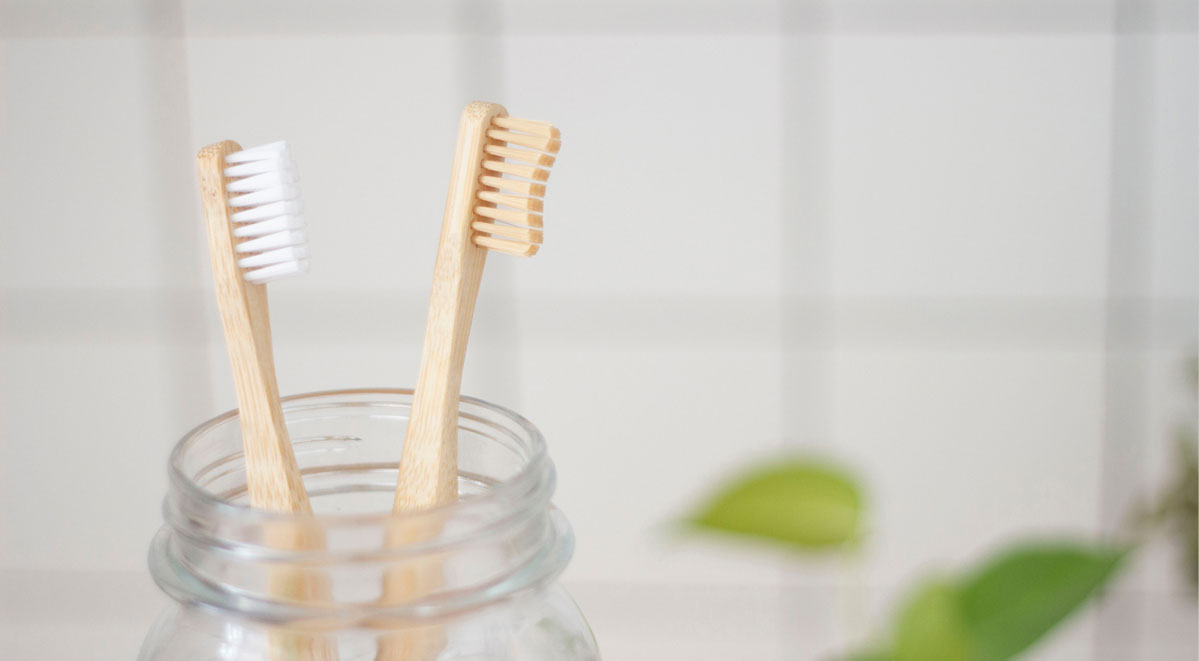Over the last 5 years, there has been an increasing push for sustainability across all industry sectors. The most noticeable effect to the first world population is the requirement for consumers to reduce, reuse and recycle.
It is one thing to separate out packaging and waste food into separate bins, however the cognitive leap to transfer this to other longer-lasting products is not immediate and, in most cases, never considered. A great everyday example of this is the toothbrush.
Traditionally the toothbrush was eco-friendly, being made of natural materials such as wood and boar hair. However, as the invention of plastic took over, toothbrush manufacturers followed the trend and have never looked back.
Oral hygiene is a rapidly expanding market, expected to reach 53 billion US$ by 2025 with a 3% CAGR. On average, a person that regularly brushes their teeth will own 300 brushes in their lifetime, with roughly 99.99% of them going directly to landfill.
The biggest problem facing our planet is that change is not happening effectively or fast enough.
An interesting example of this is Oral-B, one of the largest oral hygiene brands globally. They have recently released their latest electric toothbrush, the Oral-B Genius. It is a high-tech electric brush with app and analytic capabilities, a first for the industry. However, one area that Oral-B appears to have ignored is the environmental factor. To put this into context, in the US alone, 1 billion toothbrushes (electric and manual) are sent to landfill every year. Oral-B is the number one brand in the states for electric toothbrushes and yet there is not a single part that can feasibly be recycled or reused.
It is little wonder that as the large corporations have not yet presented a sustainable solution, entrepreneurs are starting their own companies to tackle the problem head on.
Several startups have emerged in the last couple of years, trying to address the sustainability problem in the dental sector, however some of these have inadvertently hindered the solution. The biggest material challenge is the bristles. It is almost impossible to have effective bristle clusters without the filaments containing a polymer. Unfortunately, in some cases, companies have been caught out by claiming eco-friendly alternatives and latterly found out that their suppliers have lied about material composition. This confusion has resulted in the message that there is no true way for toothbrushes to be completely eco-friendly, which begs the questions, why bother?
The trend of electric toothbrushes replacing their manual counterparts is increasing due to dentist recommendations and consumers being more aware of their oral hygiene. The solution does not have to be a complete one, but attempts should be made to reduce the carbon footprint of both the electric and the manual toothbrush.
In an ideal world, no product should be launched without the consideration and implementation of its servicing and end of life consequences. This applies not only to the product itself but also to its manufacture, packaging, consumables and shipping logistics door to door. There needs to be a fundamental change in attitude not only in consumers but also in company management, designers and manufacturers who are all ultimately responsible for producing better solutions and not defaulting to landfill.
One day, a company will set a precedent by the which the rest of the industry will follow, but until that day comes, the decision has to be made by the consumers as to how they want to make a difference for future generations.

